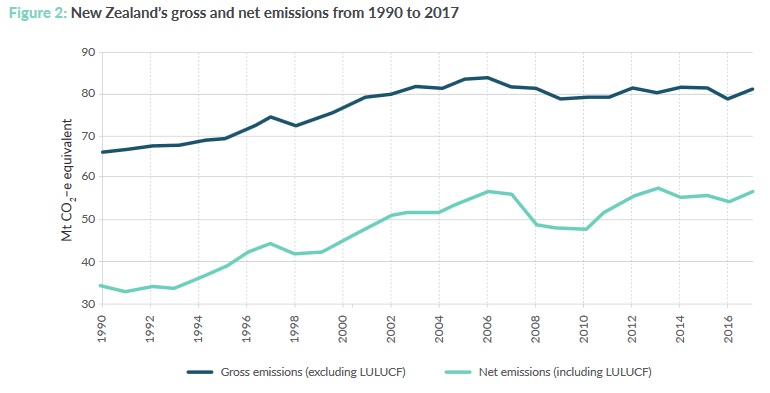Last year, Phillip Saleh lodged a Privacy Act request with the police seeking information on police alerts against his name. 40% of New Zealanders have such alerts, covering everything from past criminal behaviour to HIV status, and he wanted to be sure that the police did not have incorrect information abour him. The police refused the request, claiming it would "disclose how police do certain aspects of its job". Saleh complained to the Privacy Commissioner, who earlier in the month ruled that the police should release the information to Saleh. They didn't - but when they were challenged about this, sent a copy to the media:
[I]n response to questions on Monday afternoon, police emailed Stuff a copy of Saleh's alerts.
A statement arrived shortly afterwards from a police spokesperson that said: "Police are aware of the Privacy Commissioner's advice and the information regarding this individual's alerts will be released to him."
New Zealand Police Conduct Association (NZPCA) president Shannon Parker, who assisted Saleh with his complaint, said she was glad that police would release the alerts, but shocked they had been sent to Stuff.
"It is astounding that they have released his alerts to a reporter when they've been refusing for five months to give them to him," Parker said.
"I absolutely believe that would amount to a breach of his privacy."
There's no suggestion that Saleh consented to such a release, so this appears to be an outright abuse of privacy by police, a straight up violation of Privacy Principle 11. Sadly, that's not a criminal offence. But even if it was, we all know that the police would never prosecute their own anyway.




